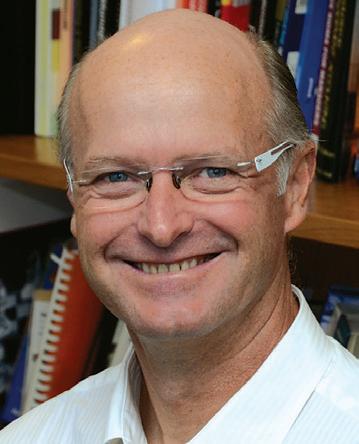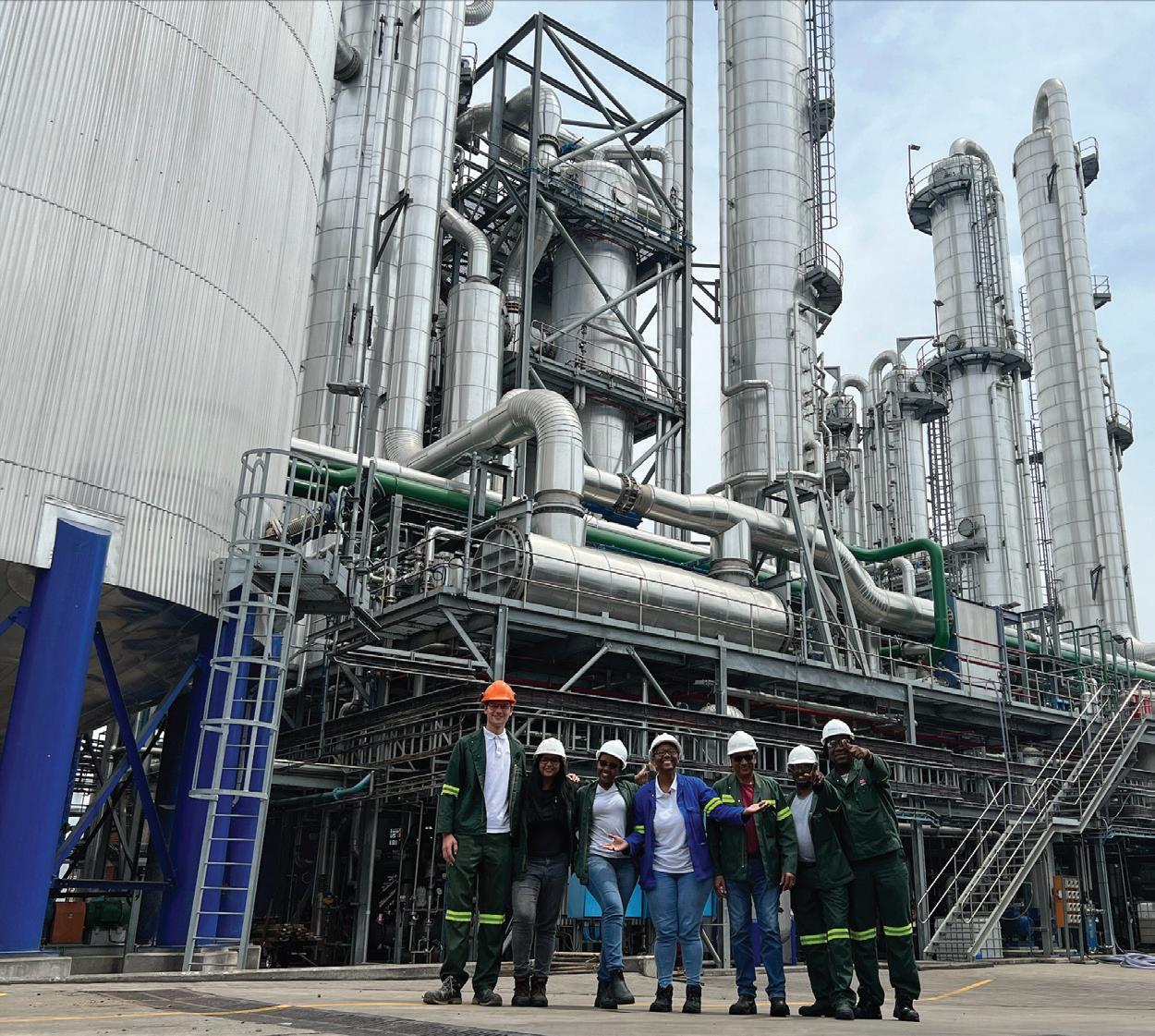
3 minute read
Lucky’s legs carry him through a 6th Comrades marathon in 2022
from Laduma Dec 2022
mind
Lucky tells Laduma how he approached the 2022 ultra-marathon, a “down run” that started in Pietermaritzburg and finished in Durban, a distance of 90.2 km. “If you look back at 2020 and 2021, it was difficult because of the Covid-19 pandemic. I do however believe that my fitness and healthy body helped me with a strong immune system. “I started training for my 6th Comrades in December 2021 by preparing and running in the Two Oceans Marathon in Cape Town. It is a great marathon with a beautiful route and I really enjoyed it.
Advertisement

“When I started training, I weighed 110 kg, and after six months, I managed to lose 26 kg. I was happy and impressed with myself. “Running the distance of the Comrades, and being an ultra-marathon runner, you have to have a strong mind and physical fitness.
“I think it will be nice if everyone does maybe one Comrades in their lifetime, or if you don’t do that, maybe a 10 km or 21 km race, anything to keep your body fit, otherwise it will be easy to get ill. Our body is the only thing that we have, and the only thing keeping us going is a healthy body and a strong mind.” fly. And according to her, they are well on their way to achieving that.“I’ve always equated a well-run chemical plant to flying. When flying, how often do you ponder about the workings of all the parts in an aeroplane engine? How often do you consider the intricacies of the travel routes that aeroplane companies around the world must have for the entire process to be so seamless?”
Kiara highlights 2022 and the “many phenomenal moments” the operations team achieved regarding safety, volumes, quality and efficiencies.
Milling capacity was previously restricted to a maximum of 28 t/h.
Following air leakage repairs, a capacity of 40 t/h has been proven.
Distillation operators have been vigilant in operating the distillery at the most efficient reflux ratios with close monitoring of the process using intermediate ethanol samples.

Producing beers with higher than design ethanol concentrations up to 17,5vol% versus a design of 15,5vol%.
Safety
With the support of the Alco Group, we have set the foundation for enhancing our safety culture such that it is practical, robust, and efficient enough to minimize plant downtime when undertaking maintenance and shutdown activities. This will become imperative in the future when more shutdown activities will run 24/7 to minimize downtime.
Fermentation operators have been diligent at making the “best beers” for the distillery controlling and monitoring the yeast propagations and fermenters using the new Near-Infrared Spectroscopy in their control room lab to ensure complete glucose conversion before feeding these beers to the distillery.
Fermentation operators have also focused on sanitizing the mash coolers, fermenters, and yeast propagator with manual Clean-In-Place cycles. The addition of chlorine dioxide to the cleaning regime has largely assisted in reducing lactic and acetic acid across the plant. There will be more work done here to reduce this contamination to industry standards.
Reduction in alphaamylase dosing in the liquefaction plant.
Since commissioning, the mash coolers have been a pain point for the fermentation operators being the single largest point of contamination in the plant as well as prone to gasket leaks and excessive downtime for modifications or repairs. In August 2022, the mash cooler gaskets and configuration were changed hopefully for the last time!
Introduction of a different start-up process which reduced the usual offspecification duration of 48 hours to 17 hours. This equates to a saving of approximately R1.5M per year, assuming 2x planned shutdowns per year.

Improving reboiler degassing to reduce the distillery operating pressure and steam consumption.
The time and effort of the operations team to master the Lock-Out-Tag-Out-Try-Out procedures have to be commended. The support of the maintenance team in streamlining the shutdown process is also greatly appreciated.
Due to uncertainty regarding future gas pricing, there has been considerable operator attention given to the water content in DDGS, wet cake, and syrup to save gas usage in the dryer. The operations team now runs 3x decanters instead of 2x to produce a drier wet cake. The improvement in wet cake has been from a design of 33% up to 40% dry matter depending on the rates. The introduction of viscozyme to improve the flowability of the syrup has enabled production to produce syrup in the range of 50 – 55% dry matter from an average of 40 – 45%. The improvement in syrup dry matter only equates to a saving of R2,5 million per year.





